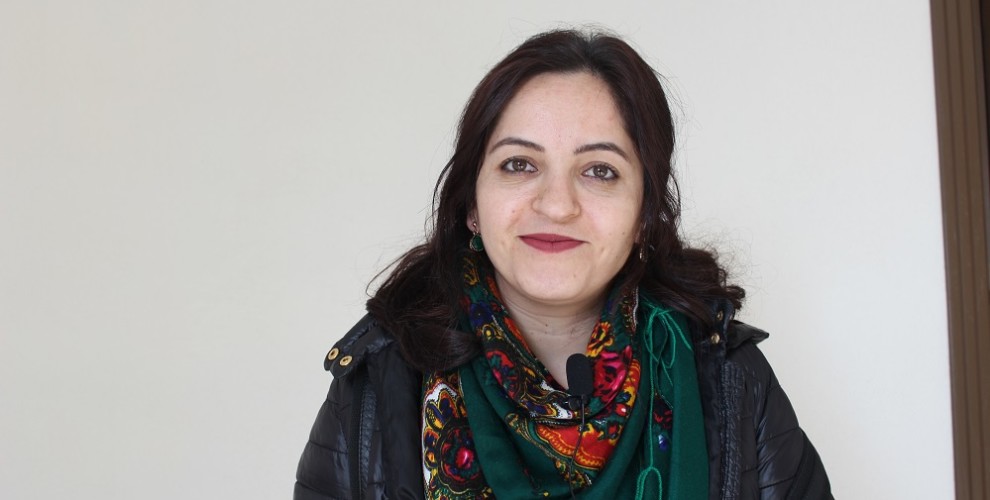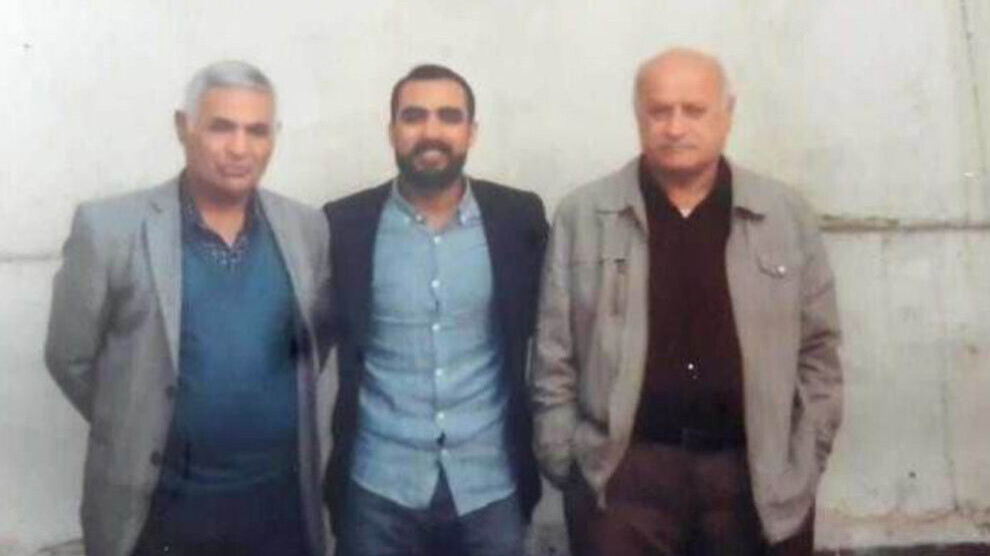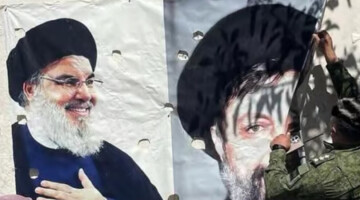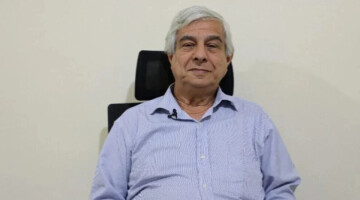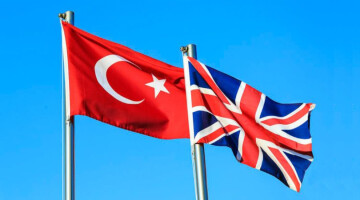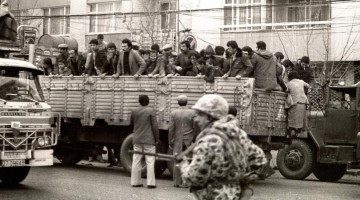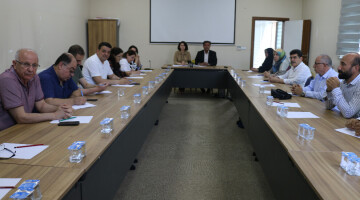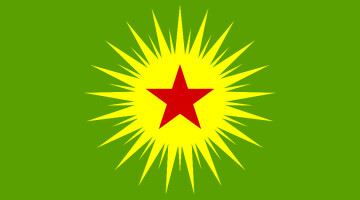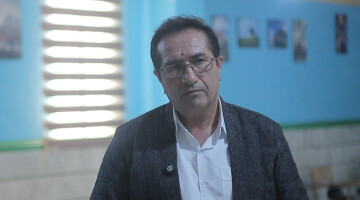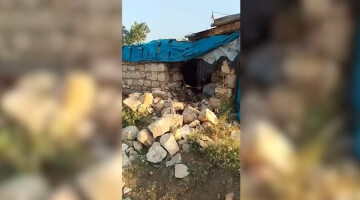Imam Ali Akdağ, now 60, from Beytüşşebap district of Şırnak, was arrested in July 2019. On the basis of a whole bundle of investigative proceedings on contrived "terror charges," he was sentenced to seven and a half years in prison later that year in connection with his activities as an Beytüşşebap city council member and his duties as an imam. The charges against Akdağ included "membership in a terrorist organization" and "terrorist propaganda." The regional appeals court in Amed (Diyarbakir) has upheld the prison sentence. Now the Constitutional Court is reviewing the case.
Ali Akdağ's daughter Sabuha Akdağ is outraged. "My father was sentenced for performing funeral prayers for fallen guerrilla fighters. How can it be that he is in prison for fulfilling his duties as an imam?" asks the Kurdish politician, who is also co-chair of the provincial association of the Peoples' Democratic Party (HDP) in Şırnak.
According to Akdağ, her father, who is imprisoned in Type T prison, suffers from various illnesses, including a heart condition and blood pressure disease. For this reason alone, at least a deferred sentence should be granted, but the Turkish judiciary is treating the imam under enemy criminal law. Ali Akdağ is not among the religious dignitaries who allow themselves to be instrumentalized for political propaganda, intelligence work and the assimilation policy of the Turkish AKP regime. He has been active within Kurdish civil society for years and participated in the "civil Friday prayers" movement. This also seems to be the real reason why he was targeted by the Turkish security authorities.
No gender segregation at civil Friday prayers
The Friday prayers, held in Kurdish, were part of the "civil disobedience campaign" initiated on March 21, 2011, the Kurdish festival of resistance and Newroz. At the time, the initiative encompassed broad sections of Kurdish society; in addition to peace tents, which were repeatedly the target of severe police attacks, the campaign also addressed people in their religious practice. Sunni Islam is the state religion in Turkey and is shaped by the AKP through the Ministry of Religion, to which all imams must belong. Non-Sunni individuals are systematically discriminated against by Turkish state Islam and Turkish state policy is implemented. Fallen guerrilla fighters, for example, are often denied a funeral on the grounds that they are "terrorists.
Civil Friday prayers at the ECtHR
While mosques were strictly segregated by gender, women and men prayed together at civil Friday prayers. They were no longer held in mosques controlled by the state, but in public squares. Until they were broken up by massive police violence, tear gas, batons and water cannons, more and more people, often thousands, took part in the civil prayers over a period of months. Legal action was taken against several imams. Two of those affected have since appealed to the European Court of Human Rights (ECtHR) in Strasbourg. No decision has yet been made on the complaint filed last May.
Akdağ: Political prisoners should be released unconditionally
"My father is not guilty of anything. He was merely fulfilling his duties as head of the Muslim community in Beytüşşebap," Sabuha Akdağ emphasizes. What is new to her, she says, is that judges in the Turkish courts have recently begun appearing as supposed theologians. This policy of provocations must end, Akdağ says and adds: "Not only my father, but also all other political prisoners in this country must be released unconditionally."
